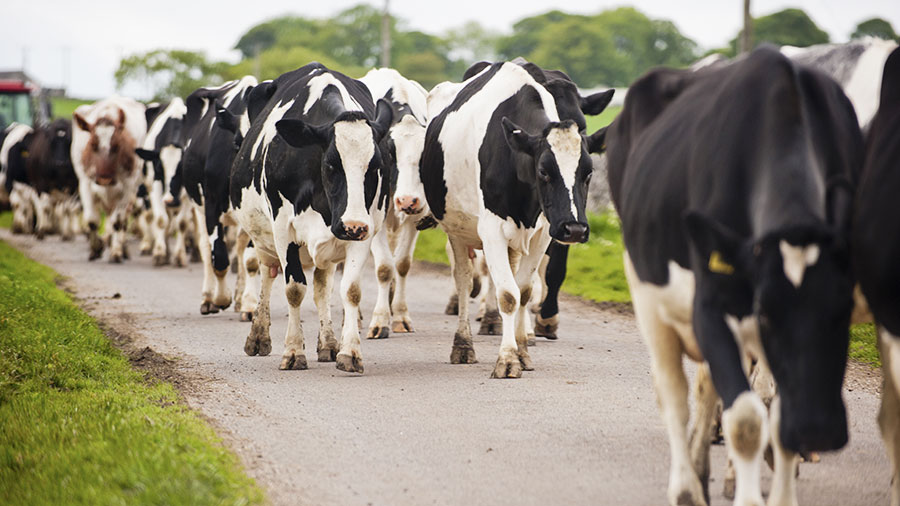Mandatory milk contracts code expected in the new year
 © AdobeStock/Chris
© AdobeStock/Chris A new statutory code of practice for farmgate milk contracts is expected in the new year, with milk producer and processor bodies working closely with Defra on a revised draft.
This follows a consultation in mid-2020 on whether mandatory terms should be introduced for such contracts.
The consultation was prompted by a review of supply chain fairness by the groceries code adjudicator (GCA), which found imbalances of power in the dairy supply chain, such as buyers having discretion to change prices and terms without notice or negotiation, and exclusivity clauses in many contracts.
See also: Statutory minimum terms to be imposed on milk contracts
Defra said responses to the consultation clearly demonstrated the need to require certain standards for contracts between milk producers and milk buyers.
While Defra was not willing to release the draft code, a spokesperson said it was committed to increasing fairness in the supply chain and helping farmers become more competitive.
“The UK government, working in close collaboration with the devolved administrations, is developing a new statutory code of conduct for the dairy sector, using section 29 of the Agriculture Act 2020,” said the spokesperson.
“We are engaging closely with industry on draft policy proposals. Further details will be published in due course.”
Protection for co-ops
The draft is understood to provide for written contracts for all farmers. Producer representatives are keen to see protection for co-operatives similar to that offered by the current dairy voluntary code, which was drawn up in 2012.
Areas of concern for farmers on the contents of the draft are understood to include more detail being needed on provisions and guidelines for resolving disputes, and on the circumstances in which force majeure may be called in a contract.
Balancing the interests of both sides regarding notice periods is a further challenge, while some milk producer interests want the GCA appointed as arbitrator in milk producer-processor disputes.
“While it is not expected for milk purchasers to pay more to the farmer than what the market is worth at the time, neither is it right that they take advantage of farmers who are on fixed-term contracts to help them strike deals with big retailers to undercut other dairies,” said Farmers’ Union of Wales dairy chairman Dei Davies.
Background to the code of conduct
The government launched a UK-wide 12-week consultation on the introduction of mandatory terms for milk contracts in June 2020, after two years of promising to do so.
See also: Dairy farmers asked for views on mandatory milk contracts
Laws on compulsory written milk contracts between farmers and processors have been introduced in 13 EU member states in recent years, including France and Spain.
The Australian government has also recently introduced a mandatory dairy code of conduct.
The consultation questions included pricing, volume and timescale issues, termination and notice periods, flexibility within contracts, bonuses and deductions, exclusivity clauses and methods of dispute resolution.
It also asked whether producer organisations should be promoted as a means of improving the bargaining balance in the chain.
Promising a crackdown on unfair practices, Defra said in February that it expected to introduce a statutory code of conduct later this year.
However, there would be a lead-in time of about two years to enable industry to adapt to any new requirements.
The voluntary code of practice, launched in 2012, was not taken up by all processors and has been widely criticised as not strong enough in protecting farmers.
